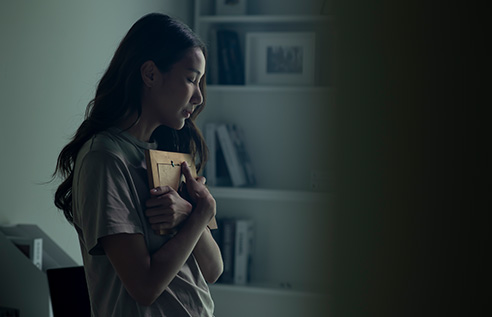Grief & Bereavement

To part with someone you had loved so dearly is stressful and emotionally painful.
Although you can accept this is all part of life, you may not be all ready or have the know-how to grieve and go through the classic stages of shock, denial, anger, or guilt, sadness, and finally acceptance.
Children and adolescents grieve differently from adults.
Some losses are particularly harder to cope with, like suicide or miscarriage.
There are those who cannot grieve at all or those who grieve partially. And those who go into clinical depression.
When grief becomes a serious mental health problem, the psychiatrist can help. Speak with us at Otium.
Otium Mindhealth believes in applying “practical help” when helping someone with grief.
“Practical help” includes:
- Spending physical time with the person who suffered the loss because being around someone sends a powerful message saying you care, and you are there physically.
- Allowing time and space for the person to cry and talk it out. The person may reminisce about the loss especially during anniversaries or festive periods, and this is normal, so you are sensitive about it.
- Checking in on the person’s basic needs like food, groceries, and simple housekeeping in the early days of loss.
There are also helplines on the first page if you think the grieving person may need to talk to someone.








